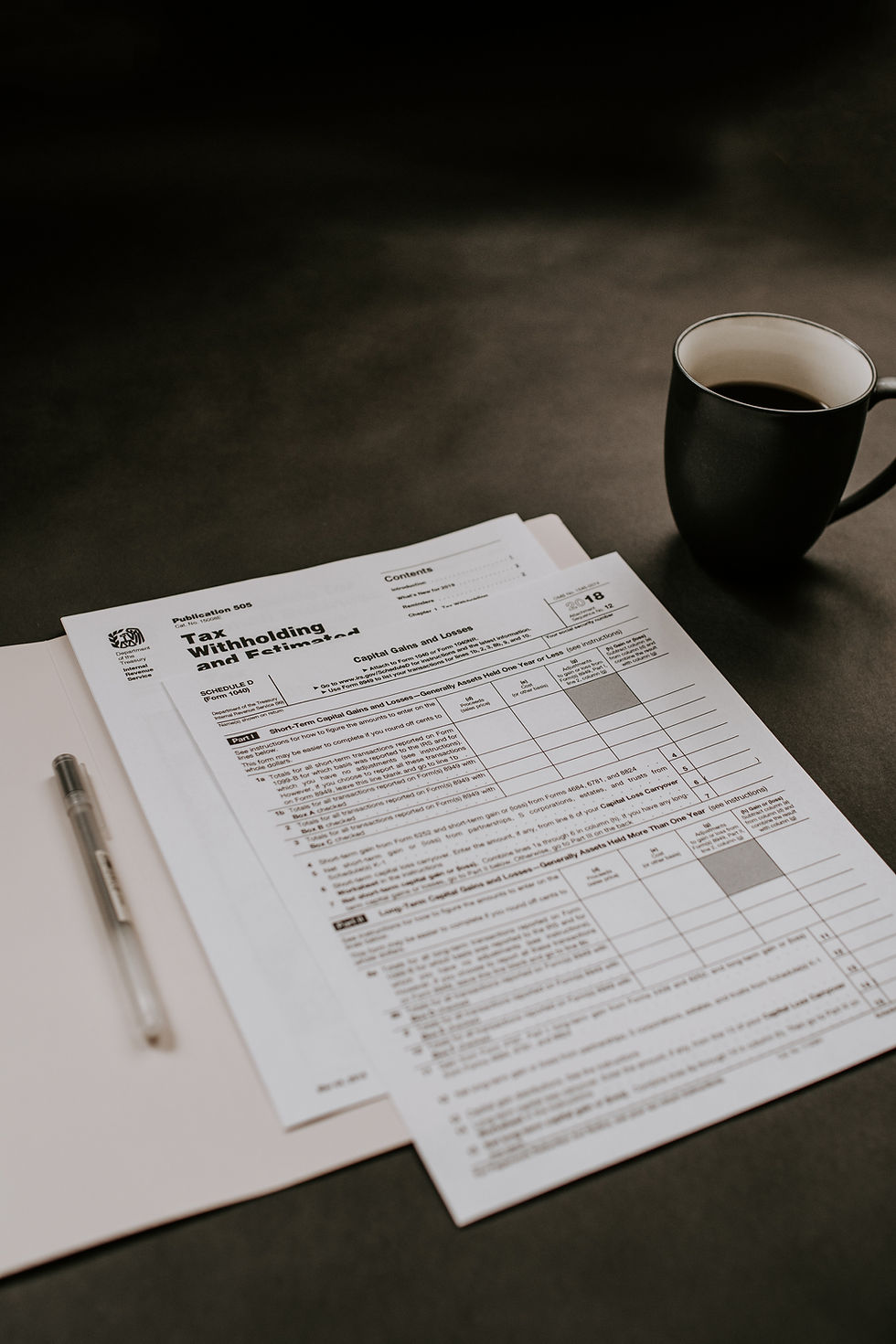Retirement Accounts When You Work For Yourself
- Savvy & Suite
- Oct 12, 2020
- 2 min read

One of the best perks of working for yourself is the total control you have over your finances. Being able to budget your own salary and even benefits is a luxury most employees don’t have. One of the major perks is the ability to fund your own retirement account pre-tax with almost no cap on the contributions. The following set ups offer the most beneficial tax breaks for you and your business.
Owners of C or S Corps:
Profit Sharing Retirement accounts- are one of the best ways to contribute to your retirement savings. With PSR, the company can contribute up to 25% of your salary to your retirement account and this money does not come out of your salary. This is a business expense that the company can pay for AND use it as a tax deduction, lowering your net income and tax liability for the year.
401K Matching- In addition to a profit sharing account, officers can include a 401K matching plan. In this set up, along with the company contributing to the PSR, the officer will contribute from his wages to another retirement account and the company will match that contribution. In this case, the employee portion of the contribution reduces the gross income decreasing the tax liability on the personal end. The amount the company matches to the 401K plan is also a tax deduction to the business.
Self Employed/Sole Proprietors:
Roth IRA- Contributions to a Roth IRA are not tax deductible in the current year but you do pay the tax now so that at retirement age when you withdraw, you don’t have to pay tax then. This is especially meaningful if you expect your tax bracket to be higher at retirement age. You cannot contribute to this account if you net over $100K.
SEP IRA- A self employed individual can contribute the lesser of either up to 25% of their net income or a maximum of $56,000. You will receive an immediate tax benefit in the year that you contribute. But when you withdraw the money at retirement age, it is treated as taxable income.
Traditional IRA-Individuals can contribute up to $6,000 maximum to a traditional IRA account. This contribution is deductible in the year that you make them but you will have to pay tax on the withdrawals at retirement age.
Entrepreneurs are responsible for the security of their own finances which makes budgeting a top priority. Aside from planning for the immediate, there is no “employer sponsored” retirement plan so it’s of the utmost importance that the future is planned for as well. Considering that many of the retirement options become immediate tax deductions for the business as well, there’s no reason not to take advantage of this.






Comentários